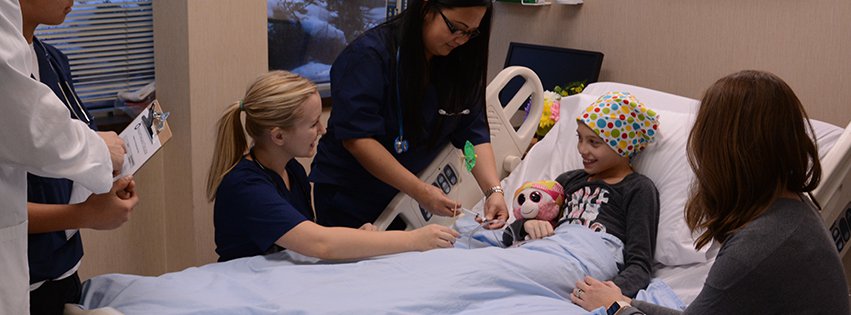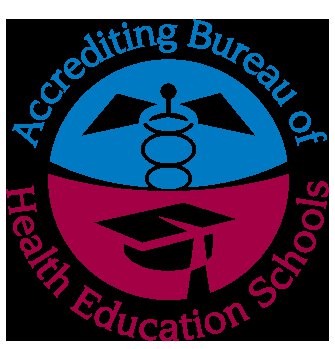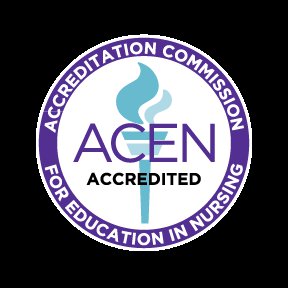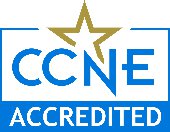Top 5 Facts about Nightingale College: From Accreditation to Programs and Our Mission
#1 Nightingale College is fully accredited
Nightingale College is institutionally accredited through the Accrediting Bureau of Health Education Schools (ABHES).
We also have programmatic accreditation for our three programs.
The Associate Degree Nursing Program is accredited by the Accreditation Commission for Education in Nursing, Inc (ACEN).The Bachelor of Science in Nursing Program and the online RN-to-BSN Program are accredited by the Commission on Collegiate Nursing Education (CCNE), the body that also backs both BYU and University of Utah.
To learn more about Nightingale’s accreditation, visit our Accreditation and Approvals page.
#2 Nightingale College has grown to cover four states
Nightingale College has DDCs in four states, Utah, Idaho, Wyoming, and Nevada, and is continuing to grow!
With our blended-distance ADN and BSN Programs, learners complete all their didactic classwork online, and complete all experiential learning requirements at local instructional sites the College has set up in partner facilities.
There are currently twelve locations throughout the four states, with more on the way. To see a full list of partner locations, or to learn more about becoming a partner, click here.
#3 Nightingale College offers accredited BSN and RN-to-BSN programs
Nightingale College offers a generic BSN Program, as well as an RN-to-BSN online, a fast track program for RNs who want to advance their careers. The BSN and RN-to-BSN Programs are fully accredited.
The RN-to-BSN Program is designed to further develop the skills and leadership qualities of RNs. The Program is entirely online and will improve knowledge in key areas such as ethics, critical care, gerontology, health promotion, and disease prevention. Plus, the Program is employer-focused, encouraging BSN learners to fulfill a leadership role and work alongside their employer to find solutions to facility-wide problems. The Program is designed to be completed in three semesters, including general education requirements, but can be completed at a slower rate at no extra cost to facilitate the continuation of work while completing the program.
#4 Nightingale College is pioneering rural nursing education
Our pre-licensure Program design is unique. Instead of having a large central campus where all learners gather, Nightingale partners with local care centers and hospitals to provide experiential learning opportunities throughout widespread areas. This model allows learners in rural communities to stay close to home while attending school.
Some communities are too small to sustain a full brick-and-mortar nursing program, which is why Nightingale is such a welcome solution for rural areas. With learners completing most of their coursework online, the burden on the community is reduced. The learners are then assigned experiential learning in a local facility, which helps that facility stay afloat. Many learners continue to work in those facilities after the completion of their degree.

#5 Nightingale College strives to reduce the nursing shortage
According to the U.S. Bureau of Labor Statistics, by 2020 the nursing field will be in need of over a million new registered nurses. The nursing shortage throughout the U.S. is already significant. Hundreds of rural facilities are strapped for nursing help. Nightingale’s partnership model will provide a pipeline of local nurses for these facilities, lifting them out of a shortage cycle.
Our unique model also allows for exponential growth. With online programs, class size is not limited by classroom size, so Nightingale can educate a large number of nurses to meet the demand.
The College continues to grow with the help of forward-thinking health care facilities to address the growing need for nurses throughout rural America.
Learn more about Nightingale College’s innovative mission!




